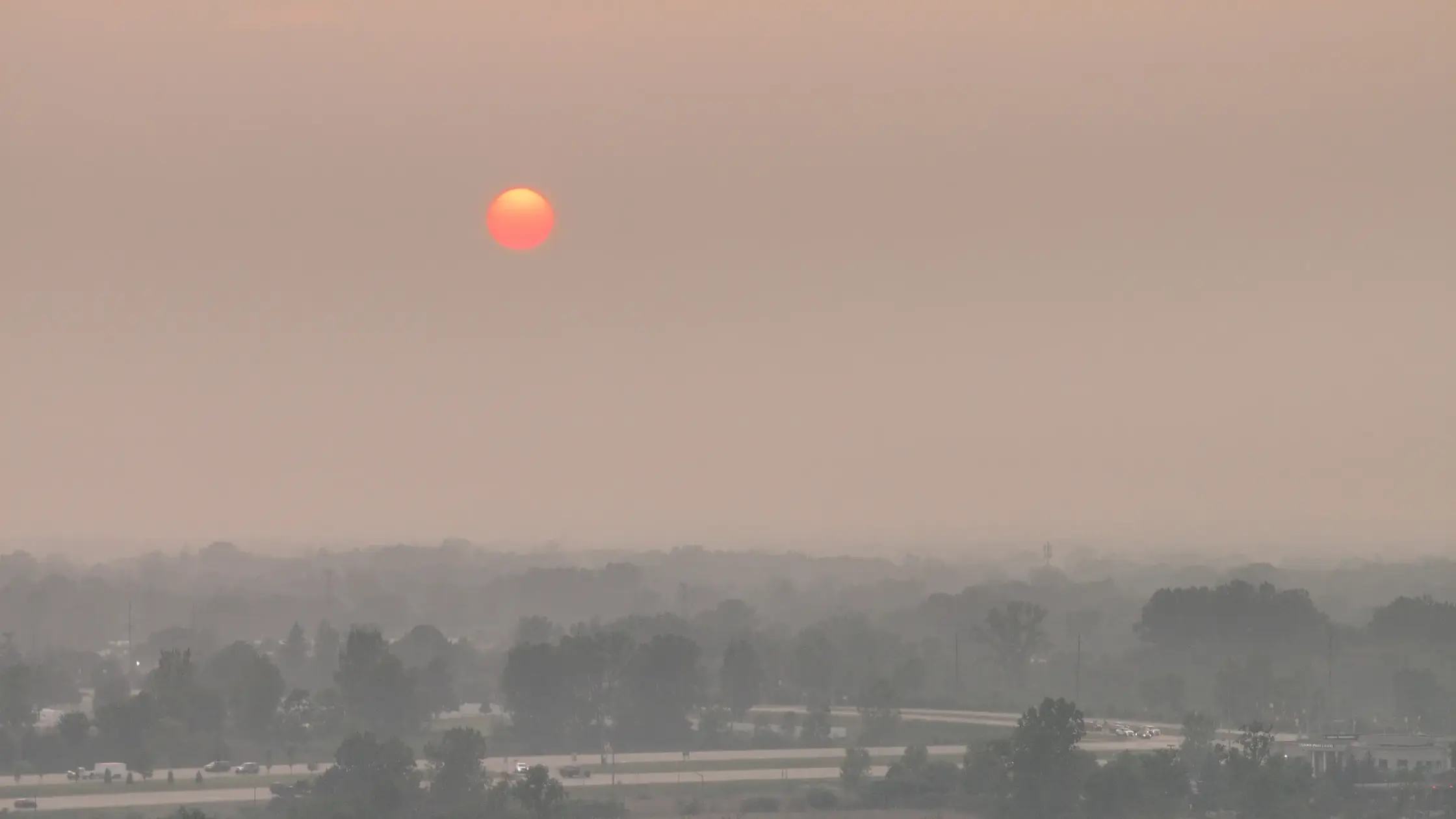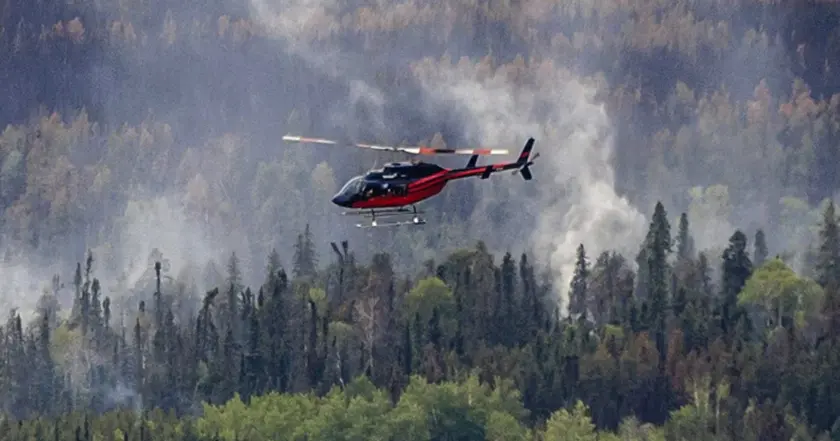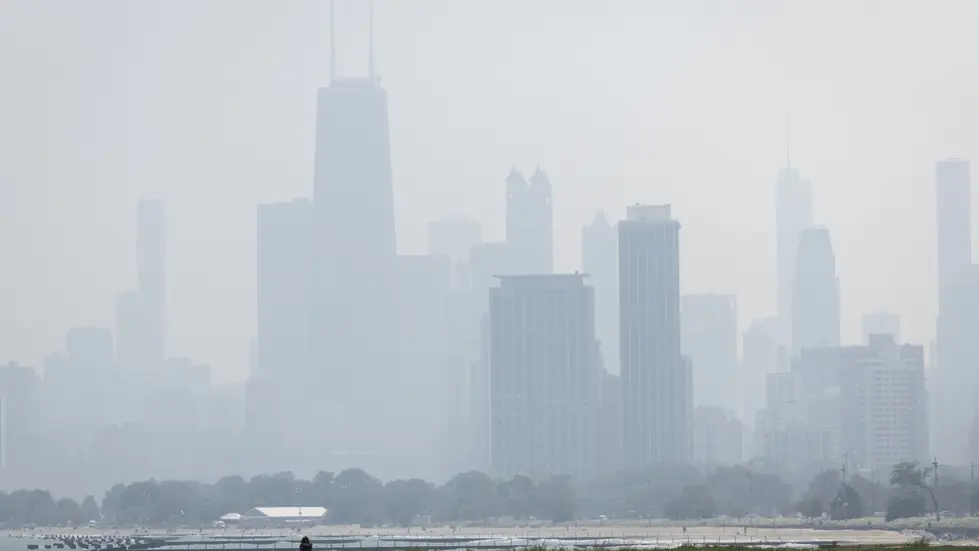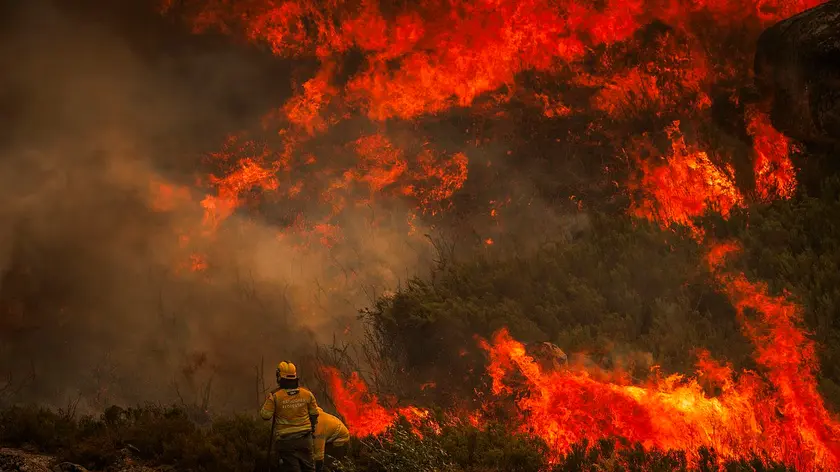T4K3.news
Wildfire smoke linked to dementia and asthma in Michigan
Health experts warn that wildfire smoke could affect brain and lung health in Michiganians for years.

Medical experts warn that wildfire smoke could affect brain and lung health in Michiganians for years.
Wildfire Smoke Linked to Dementia and Asthma in Michigan
The wildfire smoke blanketing Michigan this summer carries particles small enough to enter the bloodstream. Studies cited by University of Michigan researchers link PM 2.5 exposure to lung and heart issues, and now to brain health as well. A review of recent work estimates tens of thousands of new dementia cases in the U.S. each year tied to fine-particle pollution, with wildfire smoke appearing to be a particularly strong driver.
Michigan forecasters have issued more air quality advisories this summer than in at least 26 years, driven by smoke from central Canada and nearby fires. Officials say the pattern is shaped by climate change, which makes droughts and fires more common. Public health officials advise staying indoors on bad days, using air filters, and wearing N95 masks when outside is unavoidable.
Key Takeaways
"The pollution is really uncontrolled in a way that other sources are not."
Adar on how wildfire particles behave
"As long as we keep making it hotter and drier by burning fossil fuels, we worsen this."
Overpeck on climate policy
"We’re paying the price."
Overpeck on the consequences of heat and pollution
"Wildfire smoke blankets areas for days and concentrates pollutants."
Adar on smoke behavior
The link between air pollution and brain health is still a developing area, so readers should expect ongoing research to refine the causal picture. Still, experts argue the pattern is clear enough to justify more immediate protection measures for vulnerable groups. The piece places responsibility in broader climate and energy policy, not just individual behavior, and it flags cross-border tensions as a potential fault line in policy responses. There is a risk in how findings are framed; policymakers must balance health warnings with practical steps and transparent communication.
Looking ahead, the article suggests a need for coordinated air quality management across borders, investment in cleaner energy, and better public messaging about protective actions. It also highlights how long smoke can linger and travel, complicating local planning and healthcare.”
Highlights
- The pollution is really uncontrolled in a way that other sources are not.
- As long as we keep making it hotter and drier by burning fossil fuels, we worsen this.
- We’re paying the price.
- Wildfire smoke blankets areas for days and concentrates pollutants.
Cross-border policy risk from wildfire smoke health impact
The issue involves international cooperation and budget considerations, with potential political backlash if policy responses are seen as weak or uneven across borders.
Public health depends on both science and policy working together.
Enjoyed this? Let your friends know!
Related News

Canadian wildfires create health risks across the U.S.

Millions face air quality alerts due to wildfire smoke

Smoke from Canada wildfires delays flights at Logan Airport

Canada wildfires affect U.S. air quality

Wildfire smoke forecasting tools reviewed

Air quality alert issued for New York due to wildfires

Europe Endures Major Wildfires Prompt Evacuations in Spain Portugal Italy

Five lifestyle changes cut risk of five leading killers
